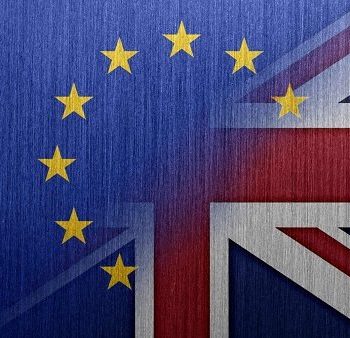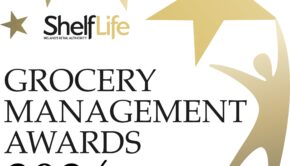Eurostat Survey results require action: Drinks Industry Group

The findings of a recent Eurostat survey on alcohol pricing across the continent require action, according to Donall O’Keeffe, secretary of the Drinks Industry Group of Ireland and chief executive of the Licensed Vintners Association.
16 June 2017
A new survey by Eurostat has named Ireland as the most expensive country in the EU for alcoholic beverages, a result which industry groups have said requires immediate action for the benefit of the industry.
“These figures are consistent with a recent report, ‘Tax on Alcohol in Europe: Where does Ireland Rank’, authored by DCU Economist Tony Foley and published by DIGI,” says Donall O’Keeffe, secretary of the drinks industry group of Ireland. “This report found that Ireland has the second highest excise tax rate on alcohol in Europe, behind Finland.
“With Brexit negotiations about to begin,” O’Keefe says, “we need to ensure Ireland retains its competitiveness in terms of goods and services to safeguard against any impact on spending and, importantly, tourism, a key contributor to Ireland’s economy.
“Since the Brexit vote last year, we have seen the value of sterling fall by 15%. We have also witnessed an increase in cross-border shopping and an 8% decline in visitor numbers from Britain, our most important tourism market, in the first four months of 2017 compared to the same period last year.”
According to Donal O’Keefe, these are issues that will impact Ireland’s competitiveness. He says the government must act to mitigate against them. Ireland’s excise tax rates are uncompetitive and are a concern for Ireland’s drinks and hospitality industry which employs 92,000 people and supports 200,000 jobs throughout Ireland.
“A reduction in Ireland’s excise tax rate would go a long way in restoring competitiveness and ensuring Ireland is protected against any impact of Brexit over the coming years,” he says.



 Print
Print






Fans 0
Followers